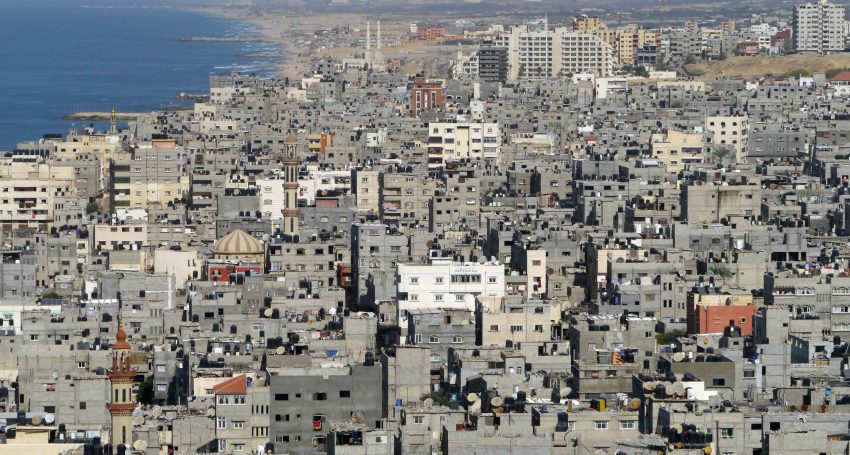"Palestinians in Gaza need the world to know what they are experiencing"
Features
“Since 2007, the people of Gaza have had their land, sea and air illegally blockaded by Israel. The blockade constrains the movement of Palestinians outside of Gaza, impeding their access to basic necessities like healthcare. Additionally, unemployment sits at more than 40 percent, electricity is only available for about six hours per day, and 95 percent of the water is undrinkable,” says Nils von Kalm

Amal is 38 years old and lives in the Gaza Strip. She also has breast cancer.
After she felt a lump on her breast, Amal sought a mammography at the Ahli Arab Hospital [run by the Episcopal Diocese of Jerusalem] in Gaza. When the lump revealed cancer, her only option was to try to get to a hospital in Israel, as the Ahli Arab Hospital does not have treatment facilities for breast cancer.
Advertisement
This is when Amal’s problems increased. Palestinians cannot leave Gaza without a valid permit. Such permits are impossible to obtain unless you have dual citizenship, which the vast majority of the population does not. Amal has been trying for two years to obtain a permit and has been denied each time. Meanwhile, her cancer has spread.
The Gaza Strip is commonly known as the world’s largest open-air prison. Home to 2 million people in an area of land 45 kilometres long and 12 kilometres wide at its widest point, it is the third most densely populated region in the world.
Since 2007, the people of Gaza have had their land, sea and air illegally blockaded by Israel. The blockade constrains the movement of Palestinians outside of Gaza, impeding their access to basic necessities like healthcare. Additionally, unemployment sits at more than 40 percent, electricity is only available for about six hours per day, and 95 percent of the water is undrinkable. A 16-year-old youth in Gaza has lived through four wars in their lifetime. It is little wonder then that 50 percent of children in Gaza express no will to live.
Advertisement
Through these overwhelming challenges, the Ahli Arab Hospital team display amazing resilience. They provide light in the darkness of the region where Jesus lived 2,000 years ago. They genuinely believe their troubles will one day come to an end and that peace will reign.
Palestinians in Gaza need the world to know what they are experiencing. We have the opportunity to tell their story to the Church in Australia so that the justice of God can come to them. For women like Amal, it is literally a matter of life and death.
Editor’s note: First published on the UCA website on 13 September 2022 as part of a series of reflections for the World Week for Peace in Palestine and Israel, which will be observed between 15-22 September 2022.





